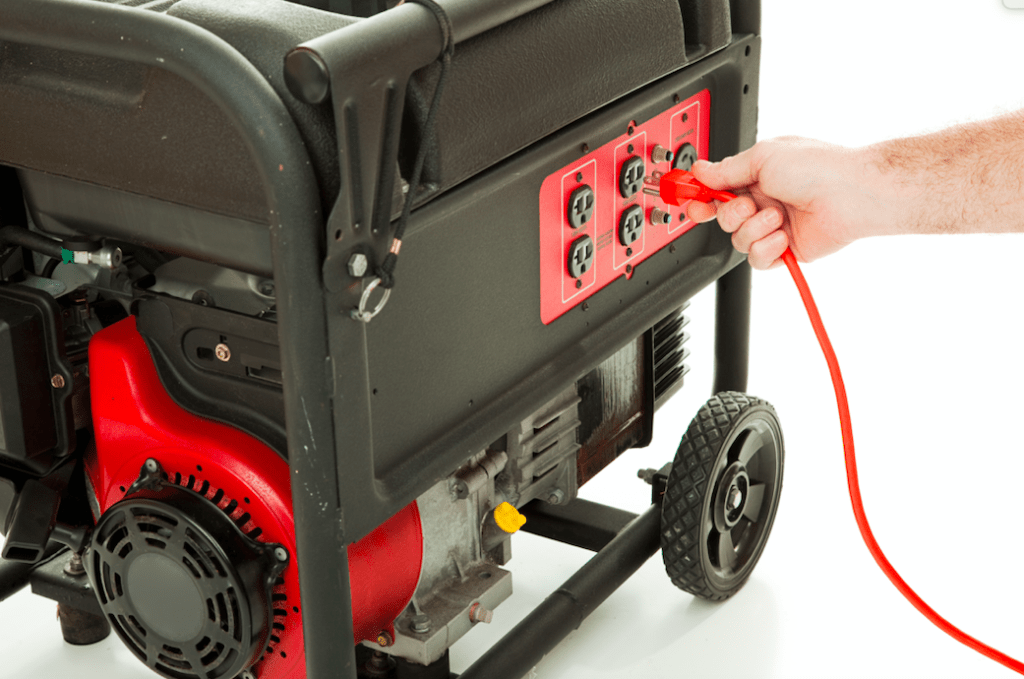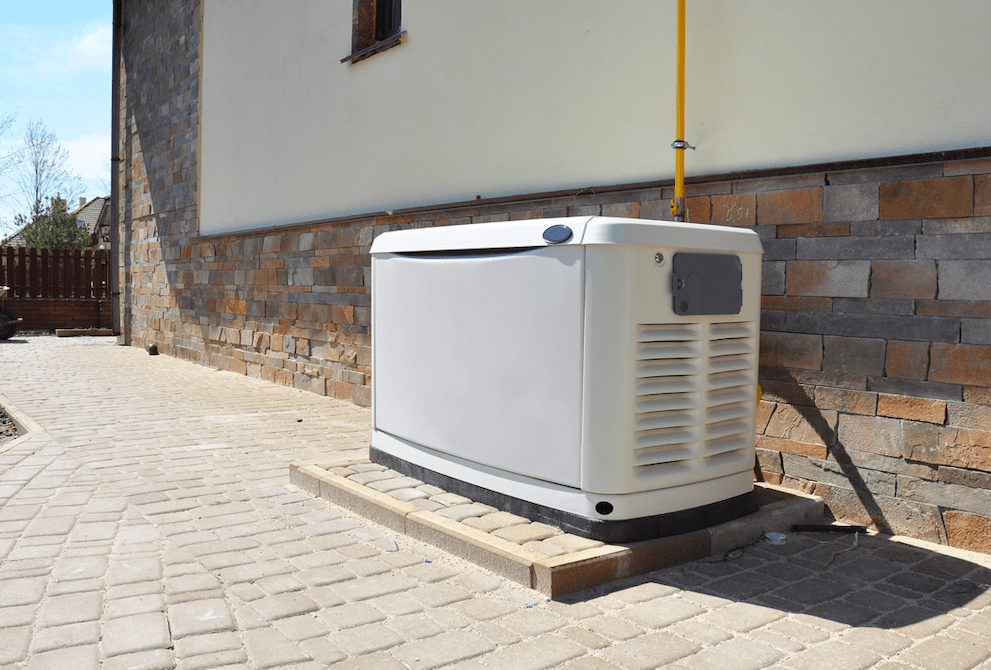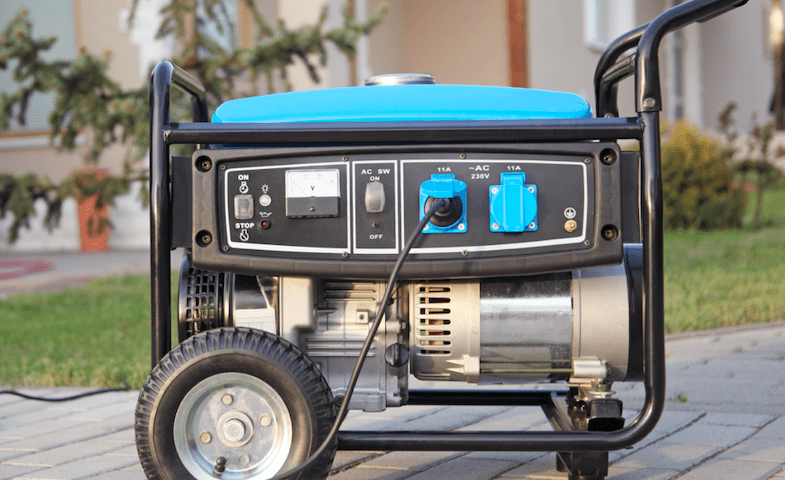At ROS Electric LLC, our electrical experts want to give you the power to prepare for every possible scenario. Thus, we install whole-house and portable generators based on your energy needs. In this blog, we answer your frequently asked questions about generators including those about the type, operation, and maintenance. Check it out!

Q: How Do I Decide Which Generator I Need?
A: To decide which generator you need, you should first make a list of the devices you would like to have running when there’s a power outage. Then, check their labels to see the wattage of each one. Add up all the wattages, and look for a generator with enough power to handle all of those appliances.
It is also important to consider the fuel type, typically gasoline or diesel, and how much it would cost. You’ll need to have a reasonable amount of fuel in hand to run the generator continuously for a decent amount of time.
Q: How Long Will My Portable Generator Run On a Charged Battery?
A: A good quality battery can last up to three years with proper maintenance. Portable generators used for residential emergency power have a lifespan of about 2,000 to 3,000 hours. It’s way less than a standby generator’s 20,000 to 30,000 hours, but since these smaller generators are used far less, they tend to have decades-long lifespans.
Q: How Do I Correctly Size a Generator for My Home?
A: The most accurate way to determine the size of generator you require is to find out the power ratings of all your appliances and get a power pack that can handle all of them. Generators are available in various sizes. Some can supply anywhere from 5kW to 50kW of power and are readily available for personal and home use, RVs, and small offices. On the other hand, industrial generators are rated anywhere from 50kW to over 3 Megawatts and are geared towards data centers and large businesses that need to meet much higher power requirements.
Q: What Happens if a Generator Gets Overloaded?
A: Most generators are designed to withstand overload (powering appliances rated above their maximum capacity) for a short duration of time. However, if operated for a long time under such conditions, the following may occur:
- The cooling system may overheat.
- The oil viscosity may decrease, resulting in loss of oil pressure.
- Generator lifespan reduces.
Q: What Type of Oil Should I Use?
A: You can use the Synthetic 5W-30 for all temperatures. However, it will run out faster when used at higher operating temperatures. Then there’s the SAE 30 suitable for use above 0 °C and the 10W-30 suitable for temperatures between -10 °C and 40 °C.
Q: Does a Portable Generator Need To Be Grounded?
A: Portable generators need to be grounded for safety. However, depending on the design of your generator, you may or may not need to do anything special to ground it.
Most modern sets are built such that the metal frame forms the path of least electrical resistance and grounds any electricity that flows external to the wiring.
On the other hand, if your generator’s transfer switch has an option to transfer current to a neutral ground conductor, you’ll need to connect it to a separate grounding rod.

Key Takeaways:
- Choose a generator set based on how much power you need for your appliances.
- With proper maintenance, your portable generator’s battery can last up to three years.
- As much as possible, avoid overloading your generator.
- Check the generator manual to find out if it needs special grounding.
Why You Should Choose ROS Electric
Whether you’re looking for a generator for your house or office, we’re here to assist you. The ROS Electric team will use its wealth of experience to help you pick and install the best generator for your specific needs.
So, if you’re finding it difficult to size a generator or need help deciding between a diesel or gasoline-powered set, our skilled technicians are here to guide you through the process. Call ROS Electric on 201-796-2923 or contact us through our website to tell us about your project. We’re ready to work with you!


Write a Comment